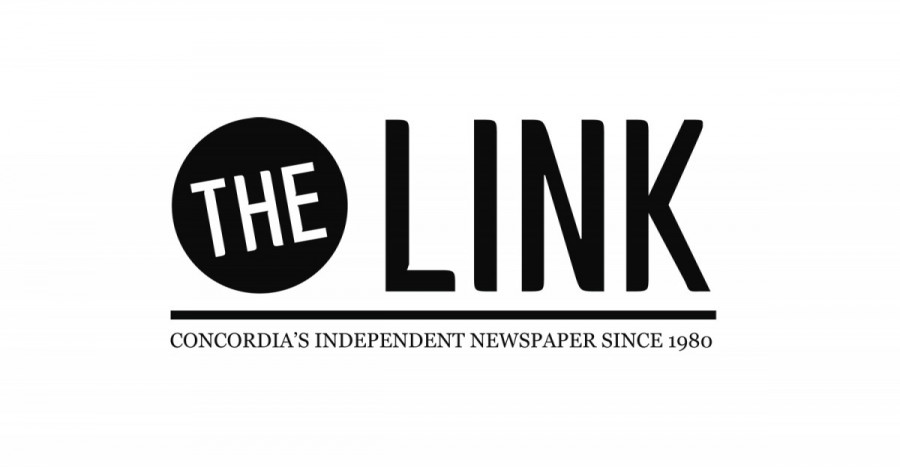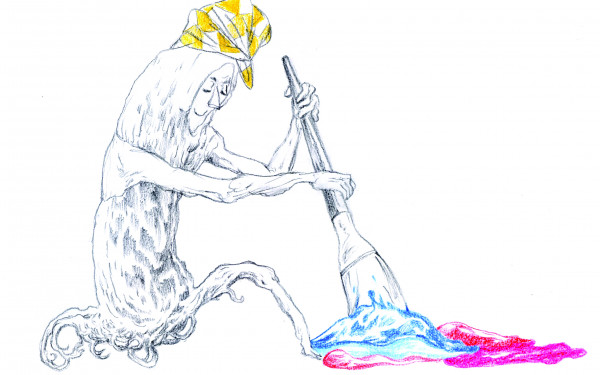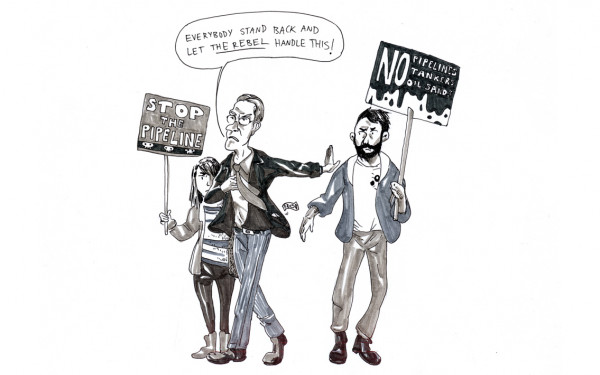Misrepresented at the Meeting?
National Native Chief Atleo Likely to Face Anger After Sick Leave
After the largely ceremonial “working meeting” between First Nations leaders and the federal government last week, Assembly of First Nations National Chief Shawn Atleo is feeling sick—but for the wrong reasons.
He’s stepping aside from his duties and is expected to return in about 10 days, reportedly nursing a flu-like ailment that has been affecting him for weeks.
Many are wishing for his speedy recovery—but there are others who don’t want him coming back, either.
As an organization, the AFN represents over 600 communities across the country. The delegation that attended the “working meeting” with the Prime Minister amounted to what could be described as a handful at best.
In the buildup to the meeting, many chiefs were concerned with the meeting format proposed by the Harper government, which limited involvement to a select few community chiefs beyond the AFN leadership and also barred Governor General David Johnston from attending.
Of course, Johnston was later directed to hold a ceremonial meeting with AFN leaders following their sit-down with Harper, but he was still not present for the real conversation.
Having too many people in a single room would have been too challenging, according to a government official who was at the meeting and told the Canadian Press that the restrictions were put in place so the meeting “was small enough that you could have a real discussion.”
“We’re the ones responsible here, we’re the ones that can act and have to act. Not the Governor General. There’s nothing he can do, constitutionally, so we didn’t want to give that impression,” he added.
Fair point. But the problem remains that too few people were invited to come sit at the table.
Community chiefs were underrepresented at the meeting on Jan. 11, with AFN executives largely making up the First Nations delegation.
Chiefs from Ontario, Manitoba, Saskatchewan, the Atlantic region and the Dene Nation boycotted the ceremonial pageantry—and representatives from Ontario and Manitoba have called for a non-confidence vote against Atleo for going ahead with the meeting.
They demanded more chiefs be in on the discussion and Johnston be included as well.
It should be noted that many of these dissenting communities signed treaties with Crown representatives—something some First Nations never did to begin with.
From their standpoint, these treaties are meant to be historically binding, extending beyond the scope of a single government, thus requiring a Crown representative when being under negotiation—as they believe to be the case in the federal omnibus bills C-45 and C-38, which they contend are threatening these agreements.
Though indeed devoid of much power, Johnston’s attendance at the working meeting would have been a sign of good faith.
Last-minute efforts by Misipawistik Cree Nation Chief Ovide Mercredi to include Johnston and extend invitations to more community chiefs were bucked by the Prime Minister’s office.
Thirty people an accurate delegation does not make. To put it mildly, many indigenous people were not represented. Even worse: they were misrepresented.
For that, we can thank Atleo just as much as Harper. He sidestepped the concerns of his caucus and went along with the meeting anyway. He now has to answer to a divided AFN and the wider community that has banded together under the banner of the Idle No More movement.
True, many behind Idle No More are also not satisfied with their band council chiefs, calling them corrupt or part of the problem and only representative of First Nations peoples because of the Indian Act.
However, the movement is far from homogenous. Others believe band chiefs are needed to advocate officially on behalf of the grassroots.
Either way, restricting dialogue to a few members won’t satisfy anyone.
Ironically, Atleo said to the CBC that the grassroots movement “forced” new dialogue between First Nations and government leaders and that they “will not be silenced.”
But by condoning the government’s shutting out of the wider First Nations leadership, he ensured they would be.
Rest up, Shawn. I imagine you’ll need it when your push comes to shove.





1_600_375_90_s_c1.jpg)
_600_375_90_s_c1.jpg)